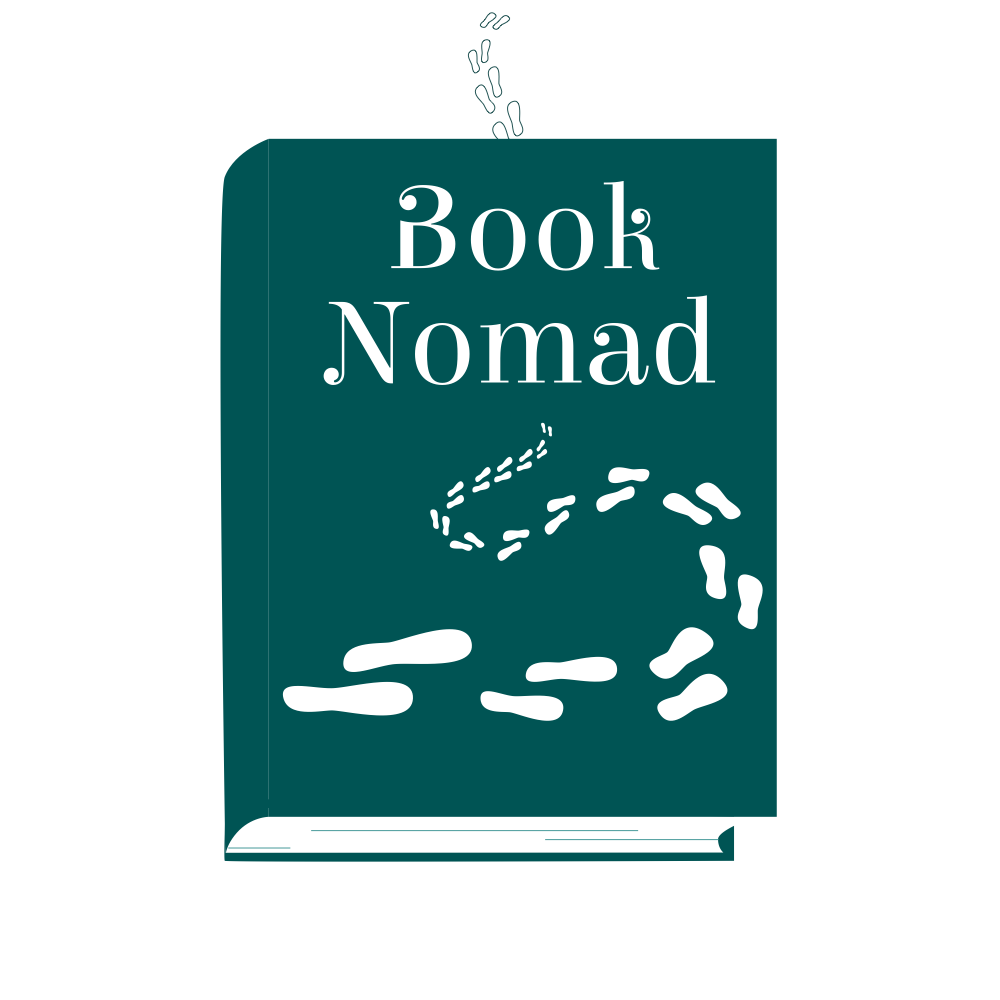The responsibility of talking about someone else’s work and giving our own opinions on it is often on my mind when working on this podcast. It is also a topic that has come up in several conversations I’ve had recently on Instagram and even in my guest appearance on @sharediversity podcast. It’s a challenge and something that we have to consistently keep in mind to strike a balance. Personally, sometimes, I do it well; other times, I’m not satisfied. That’s the way it goes! We can only keep trying and be kind to ourselves and others as we do.
There are a few ideas that I try to keep in mind in this regard. I have bookended them with the two I feel are most important and affect all the others in between:
-
Intention, intention, intention.
Before expressing any thoughts on a book, we should take a moment to remember/decide why we are doing it. This will dictate how we approach it (and if we don’t know why we are doing it, we should stay silent until we work it out).
-
Critique the writing, not the writer.
A book is just one part of the writer’s life; it is not the writer, it does not necessarily represent their entire world view. We are not here to make comments on the person; we are here to explore the book.
-
Writing is vulnerability.
Writing a book is a very personal and emotionally exposing act. It is an act of trust of the writer in the reader.
-
Keep in mind that everyone understands books differently.
Our interpretations may not reflect the writer’s intentions.
-
Dignity at all times.
Sometimes it happens that we feel that the writer has done a deliberate injustice in their book, whether it is misrepresentation, factual inaccuracy or a variety of other options (there are so many these days). Even then, we are responsible for the way we express ourselves.
-
Self-awareness is key.
Just as writing is an emotional act, so is reading. There are many factors that come into play when we read and interpret a book and we need to understand what they are when we talk about it. In particular, is our ego being triggered by something we have read and now running the show in the way we react? Is that beneficial to ourselves or others? Does it contribute to our intention for discussing the book (see point 1)?
I also start each episode by reciting the prayer of Musa (Moses), which helps me to remember my intention:
رَبِّ اشْرَحْ لِي صَدْرِي وَيَسِّرْ لِي أَمْرِي وَاحْلُلْ عُقْدَةً مِّن لِّسَانِي يَفْقَهُوا قَوْلِي
Lord, uplift my heart, ease my task and untie my tongue so that they may understand my words;
and
رَّبِّ زِدْنِي عِلْمًا
Lord, increase me in knowledge.
We also touched upon this topic in episode 28 of the podcast, so do listen in on our discussion there.
Do you think about why you comment on books publicly? What techniques do you use to try and give dignity to the book and writer, particularly if you don’t necessarily agree with what you’ve read? Share your ideas in the comments.
Let’s try to maintain a reflective, open-hearted and beneficial discussion in the reading community!

0 Comments